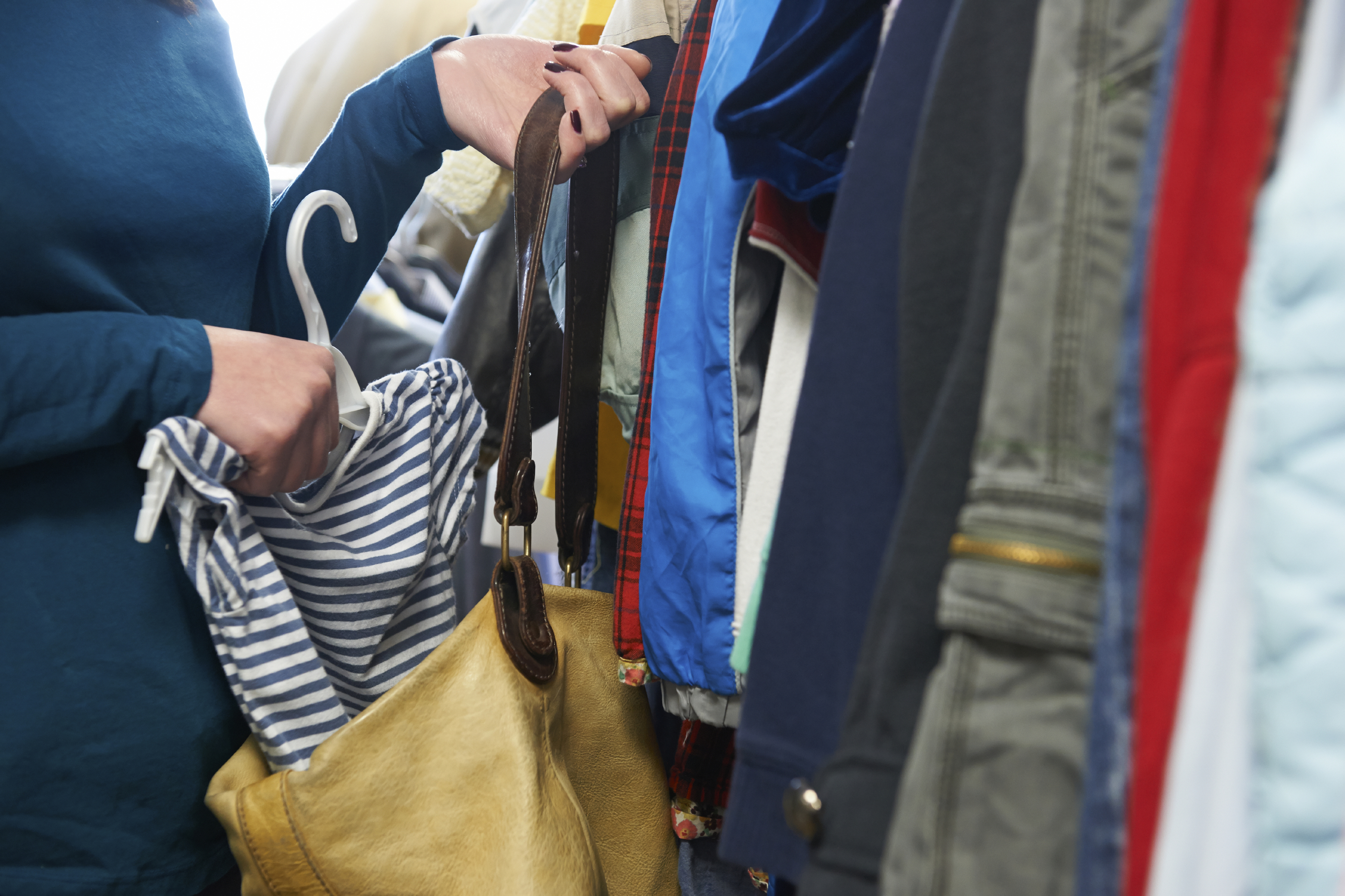Drinking and driving may seem okay to do at the time and people may shrug and say "I arrived home safe and no one was hurt, so why not do it?" But, when you put those keys in and turn the ignition, you are not only putting your life in danger, but the lives of those around you too!
Read on below to learn the shocking story of how drinking and driving shattered a woman's life forever... This is Jessica Rasdall's story...
"Laura and I had been inseparable since we were five years old. Physically, we couldn't have been more different. She was tall and willowy with straight blond hair; I was short with dark, curly hair. But growing up together, we loved the same music, watched the same movies and shared a similar sense of humour. We went to different universities that were nearby, stayed best friends and worked part-time together at a local restaurant.
Read on below to learn the shocking story of how drinking and driving shattered a woman's life forever... This is Jessica Rasdall's story...
"Laura and I had been inseparable since we were five years old. Physically, we couldn't have been more different. She was tall and willowy with straight blond hair; I was short with dark, curly hair. But growing up together, we loved the same music, watched the same movies and shared a similar sense of humour. We went to different universities that were nearby, stayed best friends and worked part-time together at a local restaurant.
Laura's car was being repaired, so I drove to the nightclub 40 minutes away. Once inside, we were served with drinks, even though we were under the official age limit of 21. We ordered two vodka and Red Bulls and were also handed a shot – a mix of whisky, apple schnapps and cranberry juice. I've replayed those few minutes over in my head a million times since. Why did I accept those drinks, knowing I had to drive home? I didn't think it would be enough to affect me. By the time Laura and I left the club at 3am, after dancing for nearly four hours, I felt sober. It didn't occur to me, or Laura, that I might be unfit to drive.
On the way home, we had the radio blasting, and we were singing and laughing. That's my last memory of Laura. The next thing I knew, I was waking up in the driver's seat. The car was crumpled around me, the shattered windscreen inches from my face, which was sticky with blood. Looking over to the passenger seat I saw a blond woman, her face turned away from me. I had no idea who she was. "Are you OK?" I cried. She didn't respond. I tried to open my door, but it was jammed shut. "Help me," I screamed before passing out.
When I came round, there was a paramedic kneeling by my window. I couldn't understand why there were lots of people fussing around me but no one was helping the other girl. They cut the roof off my car, and pulled me from the wreckage. There was a massive gash in my head, and my left ear had been almost severed. I was rushed to hospital, where I heard a police officer describing a purse he'd found at the scene. "That's my best friend's bag," I exclaimed, and memory flooded back. "Is she OK?" I asked, and a police officer broke the news.
Mum tried to comfort me, but I was hysterical. "I killed her," I screamed. I have no memory of the crash, but apparently my car veered off the road and skidded down a slope, smashing into a tree. Although we were both wearing seatbelts, the roof had caved in, killing Laura instantly.
A blood sample taken at the time showed I was nearly one and a half times over the legal limit. I was released from hospital on my 19th birthday, the day of Laura's funeral. I desperately wanted to say goodbye to my best friend, but her parents told me I wasn't welcome. I apologised over and over, but they couldn't forgive me. I didn't blame them – I couldn't forgive myself either.
One month after the accident, I was charged with manslaughter while driving under the influence of alcohol. I pleaded not guilty. I wanted to accept responsibility for my part in Laura's death, but didn't see how anything could be gained by sending me to prison. Laura's parents disagreed and lobbied for me to receive a custodial sentence of up to 15 years.
Over the next two years, while waiting for my trial to start, I began speaking to schools and community groups about the dangers of driving under the influence of drugs and alcohol. I needed to know Laura's memory was being kept alive and that something positive was coming from her death. Finally, in May 2008, I accepted a plea bargain of four years in prison, followed by two years probation.
I miss Laura so much – I know she paid the ultimate price and I have the rest of my life ahead of me. But I have to wake up every morning without my best friend, and the devastating knowledge that I killed her. That's my life sentence."
Today, Jessica is Motivational Speaker and Transformational Coach to female business owners. She helps her clients unearth their signature story, tap into their inner strength and evoke radical change.
